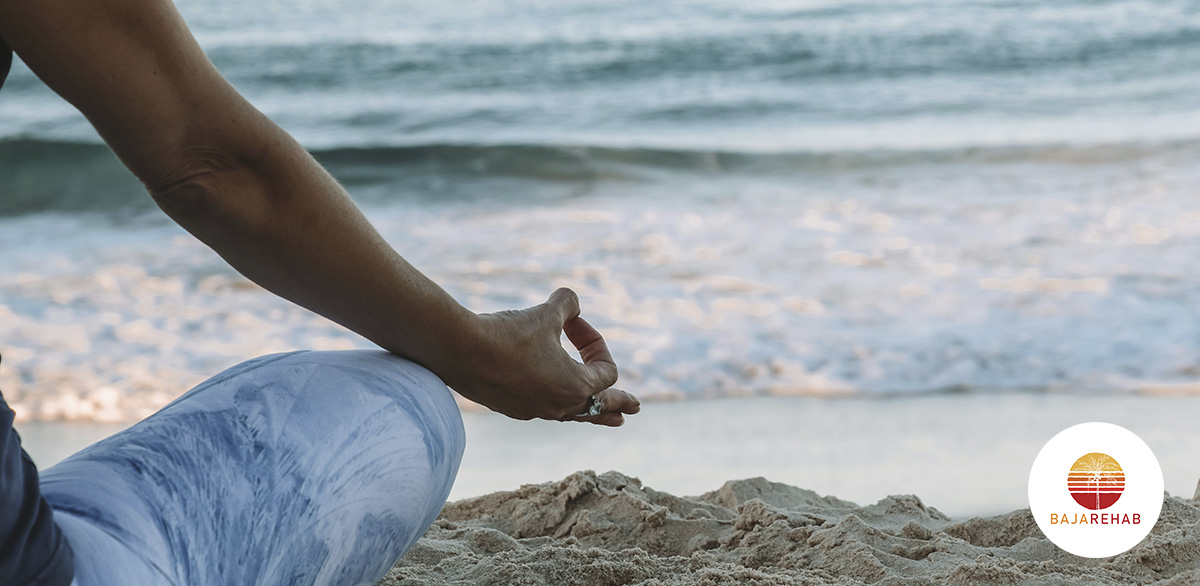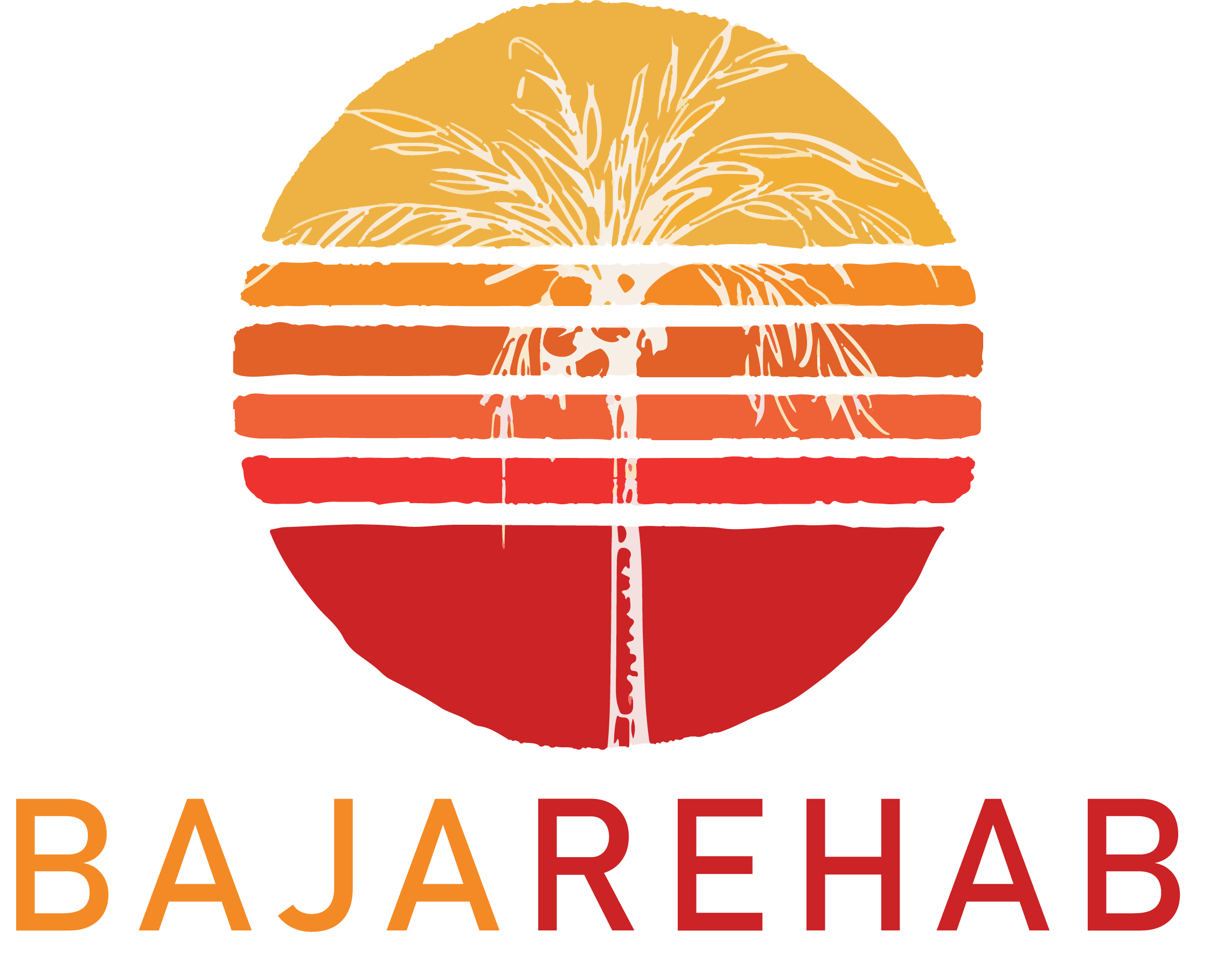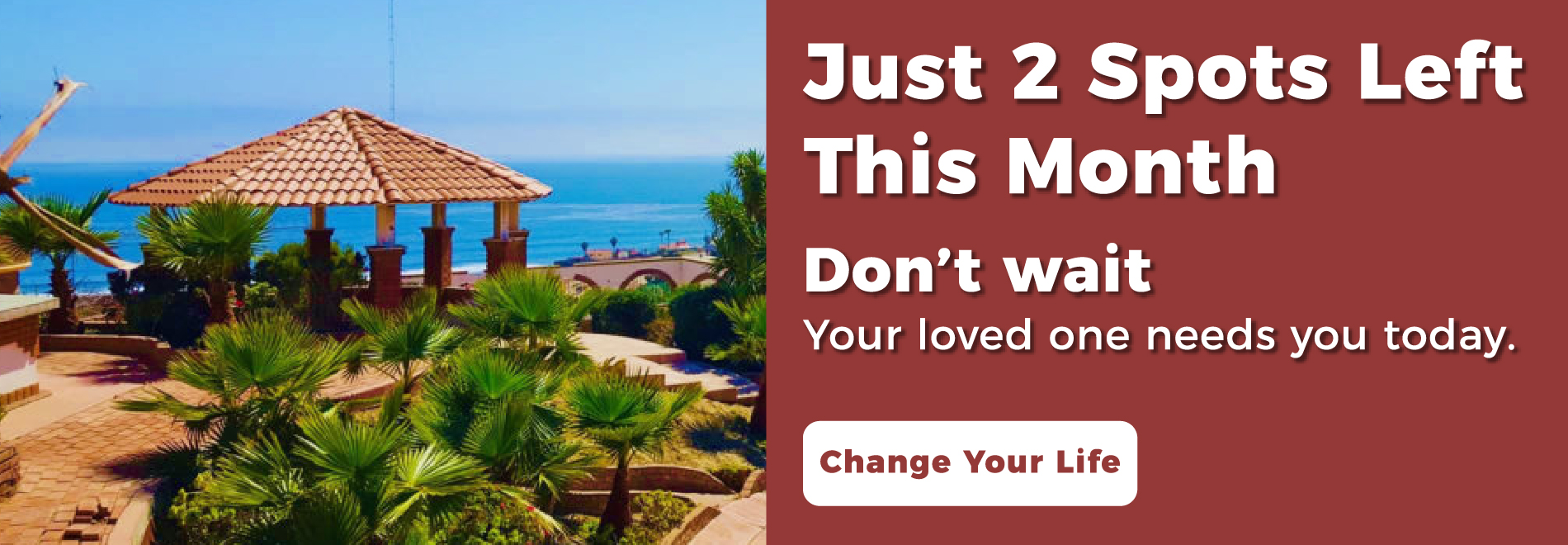Mindfulness and Meditation: Techniques for Managing Addiction at Baja Rehab

Addiction recovery is a complex and ongoing process that involves addressing not only the physical aspects of addiction but also the mental and emotional challenges that accompany it. At Baja Rehab, we recognize the importance of mindfulness and meditation as powerful tools for managing addiction and supporting long-term recovery. In this blog, we will explore how mindfulness and meditation can aid in addiction recovery and highlight the techniques we use at our oceanfront facility to help clients find peace and balance.
Understanding Mindfulness and Meditation
Before diving into specific techniques, it’s important to understand what mindfulness and meditation are and how they can benefit those in recovery.
What is Mindfulness?
Mindfulness is the practice of being fully present and engaged in the current moment without judgment. It involves observing thoughts, feelings, and sensations as they arise and acknowledging them without reacting. Key aspects of mindfulness include:
Awareness: Paying attention to the present moment.
Acceptance: Accepting thoughts and feelings without judgment.
Presence: Focusing on the here and now.
What is Meditation?
Meditation is a mental practice aimed at cultivating a state of calm and focused awareness. It often involves techniques such as concentrating on the breath, repeating a mantra, or visualizing peaceful imagery. Benefits of meditation include:
Stress Reduction: Lowering stress levels and promoting relaxation.
Emotional Regulation: Helping manage emotions and develop a sense of inner peace.
Focus and Clarity: Improving concentration and mental clarity.
The Benefits of Mindfulness and Meditation for Addiction Recovery
Mindfulness and meditation offer several benefits that are particularly valuable during addiction recovery:
Reducing Cravings and Preventing Relapse
Mindfulness techniques help individuals recognize and manage cravings as they arise. By observing cravings without reacting, clients can learn to handle these urges more effectively. Meditation also supports this by:
Cultivating Awareness: Mindfulness helps clients become aware of their cravings and triggers.
Developing Resilience: Meditation builds mental resilience to cope with cravings and avoid relapse.
Managing Stress and Anxiety
Stress and anxiety are common challenges during recovery. Mindfulness and meditation offer tools for managing these feelings:
Stress Reduction: Mindfulness practices help reduce stress by encouraging a non-reactive approach to stressful situations.
Calming the Mind: Meditation techniques such as focused breathing and body scans promote relaxation and calm.
Enhancing Emotional Regulation
Addiction often involves complex emotional challenges. Mindfulness and meditation provide strategies for managing these emotions:
Emotional Awareness: Mindfulness helps clients recognize and understand their emotions.
Emotional Control: Meditation supports emotional regulation and helps clients respond to emotions in a balanced way.
Improving Self-Awareness and Insight
Self-awareness is crucial for successful recovery. Mindfulness and meditation practices foster deeper self-understanding:
Self-Reflection: Mindfulness encourages clients to reflect on their thoughts and behaviors.
Insight Development: Meditation promotes insights into personal patterns and behaviors, supporting growth and change.
Mindfulness and Meditation Techniques at Baja Rehab
At Baja Rehab, we offer a range of mindfulness and meditation techniques designed to support clients in their recovery journey. Here are some of the key practices we incorporate:
Mindful Breathing
Technique: Focus on your breath, noticing the inhale and exhale without trying to change it. If your mind wanders, gently bring your focus back to your breath.
How It Helps: Mindful breathing calms the nervous system and centers the mind, making it easier to manage cravings and stress.
Example Session: Our therapists guide clients through mindful breathing exercises during individual or group therapy sessions, helping them integrate this practice into their daily lives.
Body Scan Meditation
Technique: This meditation involves systematically focusing on different parts of the body, noticing sensations and tension without judgment.
How It Helps: Body scan meditation promotes relaxation, helps identify physical tension, and encourages mindfulness of the body’s needs.
Example Session: Clients participate in body scan meditations led by our experienced instructors, often during our meditation classes or as part of a personal wellness plan.
Guided Imagery
Technique: Clients are led through a series of mental images or scenarios, such as a peaceful beach scene, to promote relaxation and reduce anxiety.
How It Helps: Guided imagery provides a mental escape from stress and helps clients visualize positive outcomes and relaxation.
Example Session: Our therapists use guided imagery techniques in group sessions or one-on-one meetings, focusing on serene ocean scenes and other calming environments.
Loving-Kindness Meditation
Technique: This practice involves focusing on sending love and compassion to oneself and others, including loved ones, acquaintances, and even those who may have caused harm.
How It Helps: Loving-kindness meditation fosters compassion and empathy, which can be healing for both clients and their relationships.
Example Session: Clients engage in loving-kindness meditation as part of group therapy, where they practice sending positive thoughts and wishes to themselves and others.
Mindful Walking
Technique: Walk slowly and attentively, paying close attention to each step and the sensations of walking.
How It Helps: Mindful walking combines physical movement with mindfulness, promoting relaxation and a sense of presence.
Example Session: Clients enjoy mindful walking sessions along our beautiful beachfront, where they focus on the sensations of walking and the beauty of the ocean environment.
How to Incorporate Mindfulness and Meditation into Your Daily Life
While mindfulness and meditation are integral parts of our programs at Baja Rehab, clients are encouraged to continue these practices after they leave our center. Here are some tips for integrating mindfulness and meditation into daily life:
Set a Regular Practice Schedule
Tip: Allocate a specific time each day for mindfulness or meditation practice.
Example: Start with 10-15 minutes in the morning or before bed.
Use Guided Resources
Tip: Explore apps, online videos, or books that offer guided mindfulness and meditation practices.
Example: Apps like Headspace or Calm provide guided meditations and mindfulness exercises.
Practice Mindfulness Throughout the Day
Tip: Bring mindfulness into daily activities, such as eating, walking, or doing chores.
Example: Practice mindful eating by focusing on the taste, texture, and aroma of your food.
Join a Supportive Community
Tip: Find local or online mindfulness and meditation groups for ongoing support.
Example: Look for community meditation classes or online forums for mindfulness practitioners.
Experience Mindfulness and Meditation at Baja Rehab
If you’re ready to explore how mindfulness and meditation can support your addiction recovery journey, Baja Rehab is here to help. Our experienced therapists and serene oceanfront setting offer a perfect environment for learning and practicing these techniques.


